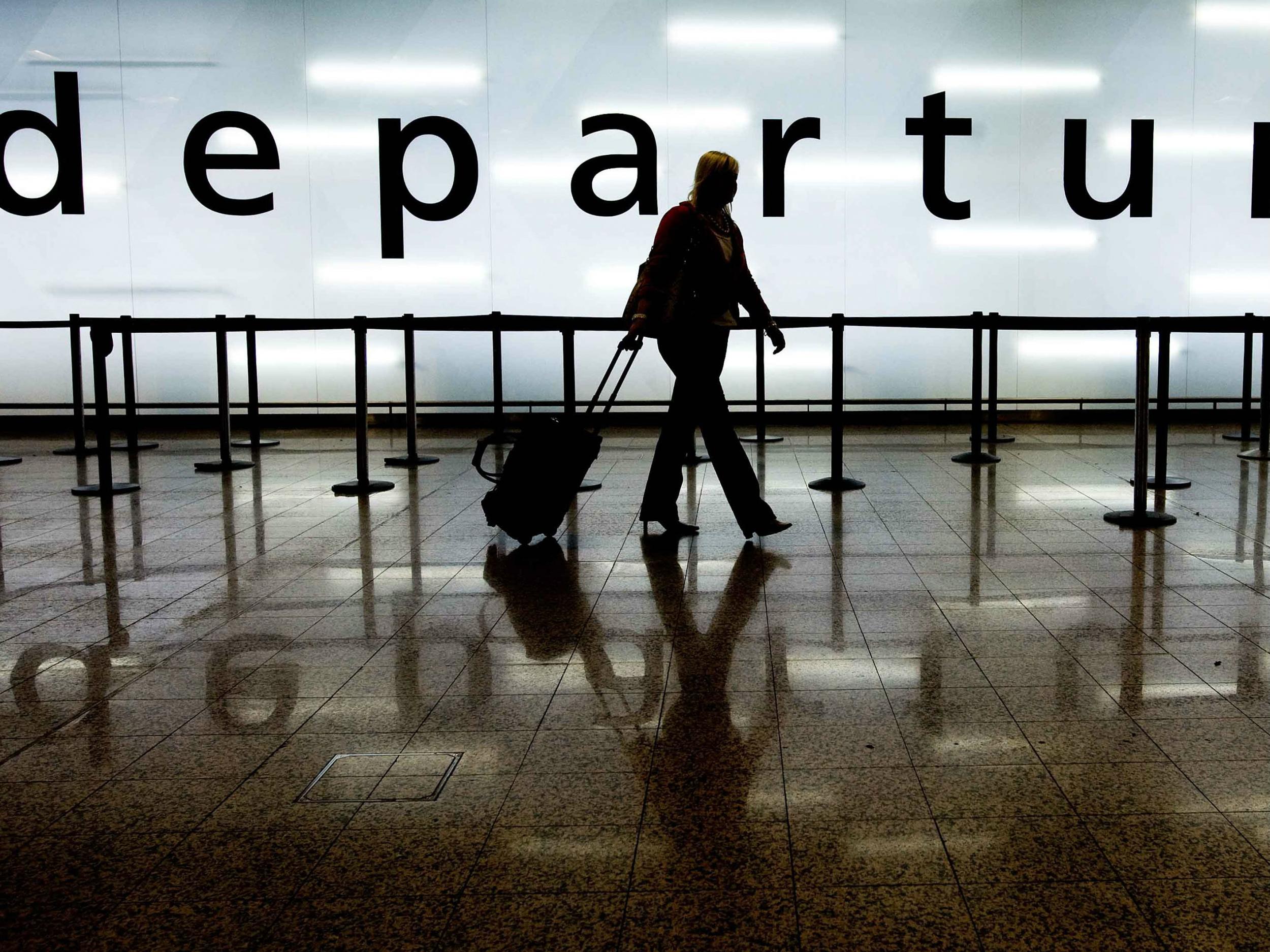Airport security could add £500 to the cost of your holiday
Air safety measures cost British travellers millions in confiscated possessions, but is there anything you can do to recover lost goods?

The half-term escape is tantalisingly close but jet-setting travellers may need to factor up to £500 extra into their trip to cover the cost of airport security seizures.
Tight hand baggage restrictions mean the list of prohibited items is broad (it includes tent pegs, for example) and new research has found that a quarter of holidaymakers and business travellers are being relieved of items worth more than £50 each time they fly. Another one in ten claim they have been more than £150 out of pocket as airport staff sift out problem possessions.
Although liquids over 100ml catch most travellers out, from water to moisturiser, thousands are still forgetting to remove scissors, razors and tweezers (all of which are classed as potential weapons) from their luggage before heading to the airport.
At London Gatwick alone, up to 1,800 bins are filled each month with objects either banned from air travel or lost, according to the airport’s own figures.
Scottish travellers appear to have most problems at security, currency dealer International Currency Exchange reported, with almost 10 per cent of Glasgow airport users losing items worth between £350 and £500 at security.
Property lost as part of the security merry-go-round, such as belts, laptops, cameras, and other high value items left in trays or on tables while you re-lace shoes before dashing to the gate are largely reunited, eventually, with owners through the airport's lost property process. If they remain unclaimed, they are typically held for 90 days before being sent to auction houses that sell them on for charity. Claiming on your travel insurance after the event may be a surprising non-starter as the situation could be deemed abandonment and difficult to claim against.
These can be really valuable pieces. At London City Airport, for example, staff have found £50,000 in cash, a bag of diamonds, a Rolex watch worth £10,000, the keys to a Porsche and a book of already signed blank cheques to name but a few.
As for goods seized by security staff as part of aviation rules, few experts seem to know if its even possible to recover the luxury aftershave or perfume that set you back £100 or so but sadly wasn’t decanted into a 100ml bottle or frantically shoved in hold luggage ahead of check-in. However, although it relates mostly to items confiscated on the inbound portion of a journey, some information may be gleaned here.
Clearly, the onus is on the traveller to ensure they comply with the rules, but forgetfulness could also be a symptom of the way we travel.
“With so many people checking in online it’s easy to become detached from the reality of flying,” a spokesperson from the UK Civil Aviation Authority suggested.
“People do it without thinking, like getting on a bus or train and it’s all too easy to leave something in your pocket or bag when you’re in that frame of mind.”
Top 10 most commonly confiscated items
Water 31%
Deodorant 31%
Scissors 25%
Make up 16%
Tweezers 16%
Perfume 14%
Childrens Toys 14%
Razors 13%
Moisturiser 10%
Toothpaste 9%
Source: International Currency Exchange
Join our commenting forum
Join thought-provoking conversations, follow other Independent readers and see their replies
Comments
Bookmark popover
Removed from bookmarks